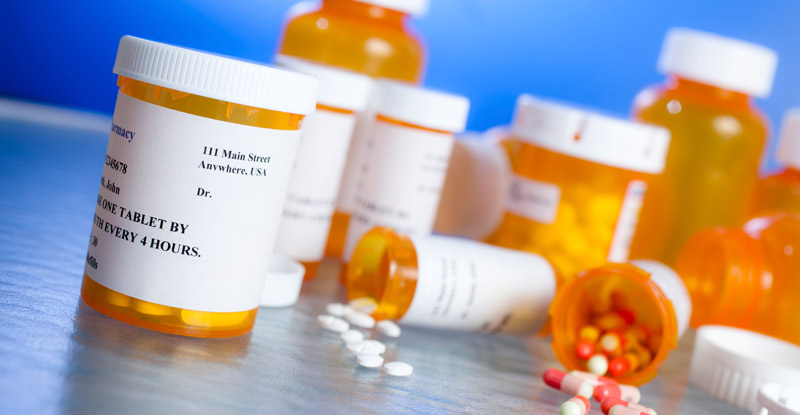Do you trust the medications you take? When you purchase an over-the-counter medication, do you expect it to do what it says on the box? If your doctor prescribes a medication, do you trust that the medication is safe to use? In other words, can you avoid a dangerous drug?
We Should be Able to Trust Medications
Medications are supposed to make us better by treating whatever ailment is troubling us. From the flu to a kidney infection to a headache or backache, medications are designed to help us. Unfortunately, some medications have potentially harmful side effects that make them dangerous drugs. Some of these dangerous drugs are still on the market (i.e. Fosamax, Topamax, Yasmin, GranuFlo, Yaz, Accutane, and Chantix). Doctors are still prescribing these dangerous drugs even though lawsuits have been filed alleging the dangerous and harmful effects of taking these medications. You may be able to avoid a dangerous drug by exercising a few simply precautions.
Before Taking a New Drug You Should:
- Check for Drug Recalls – You can check for drug recalls and information on drugs through the FDAs website. Make sure to check for drug safety communications and drug-specific information before taking a new drug.
- Read Enclosed Materials – The materials enclosed with your medication are there for a reason — to protect the drug manufacturer. The drug manufacturer can be sued if it does not provide adequate and complete information regarding side effects and potential dangers from taking this drug. Read all of the enclosed materials before you decide to take a new drug and discuss any questions you have with your doctor.
- Check the Ingredients – You may not have an adverse reaction to the active ingredients in a medication; however, you could be allergic to or have a known reaction to the inactive ingredients. Read the label list of all ingredients to reduce the risk of an allergic reaction or injury from taking the drug.
- Using a New Pharmacy – If you use a new pharmacy for any reason, provide a list of all of your current medications to the pharmacist with your prescription. Your pharmacy keeps a full list of all prescriptions so that it can cross-reference the medications for potential adverse reactions from taking both medications at the same time. If you use a new pharmacy, it will be unable to do this unless you provide a complete list of all medications you are taking.
Have You Been Injured By Side Effects Or Interactions Of A Dangerous Drug?
Even with the best precautions, you can still be injured by a dangerous drug. If you suspect that a medication has caused you injury, contact the Louisiana defective drug attorneys of The Olinde Firm. We are here to provide guidance and support as we fight for your right to be compensated for your damages, injuries, and losses.
Contact our office at (504) 587-1440 or 1-800-587-1889 to schedule a legal consultation. You are under no obligation and you will not be charged a fee for our legal advice during this first visit.

